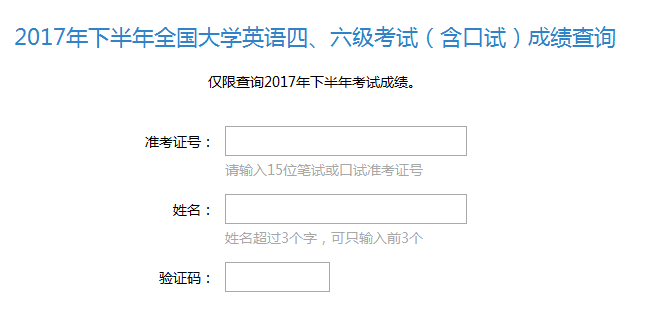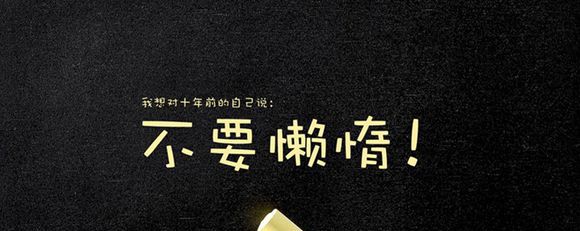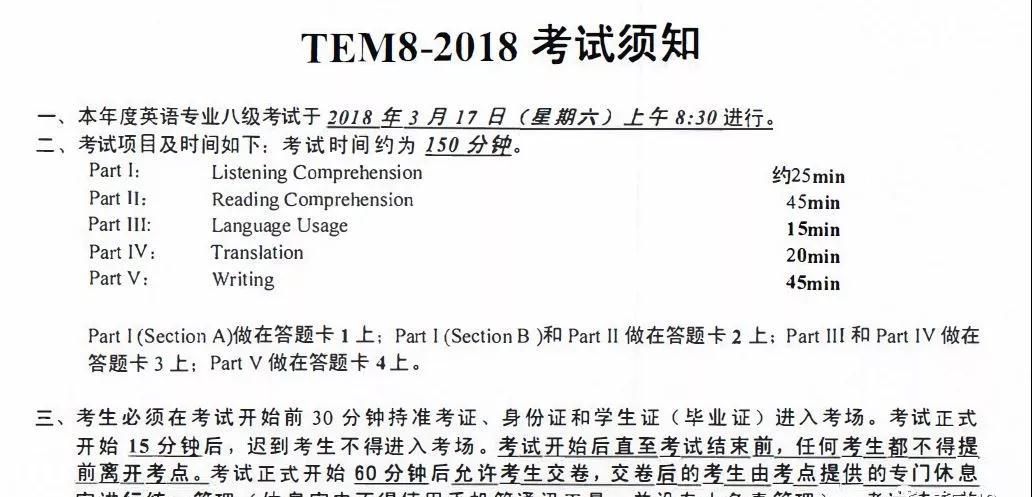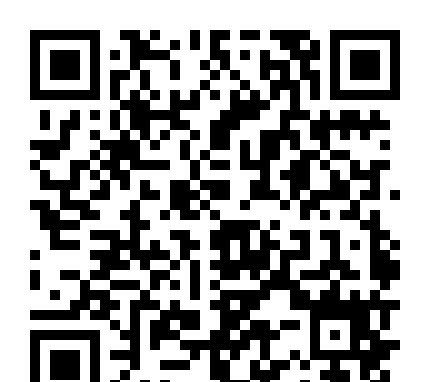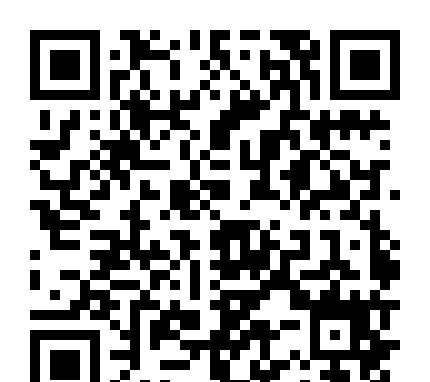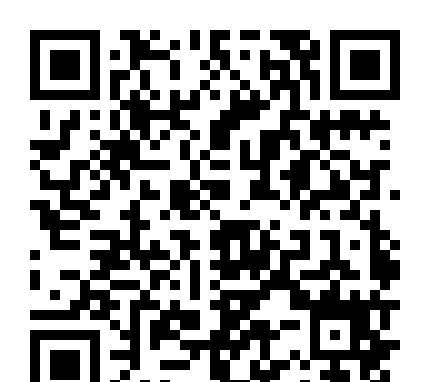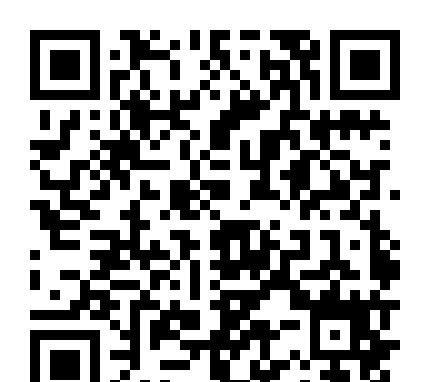职称英语语法:第十七讲
|
第十七讲 省略 省略: 1)省略是为了避免重复,保持语言简洁的一种语法手段。尤其是在口语中,省略是个普遍现象,例如: I have heard of the news. So have I. He didn't go to the concert yesterday. Neither did I. 想一下,为什么以上句子的应答部分要采用"倒装"形式?(见上一节"倒装") 此外,此类省略形式的要注意的一个问题是:前后时态要一致。 2)就职称考试而言,大家要特别注意由when, while, whether, if, unless, although等引出的状语从句中的省略现象,比较: 不省略:The young boy was badly injured by a motorcycle when he was crossing the street. 省略:The young boy was badly injured by a motorcycle when crossing the street. (那个小男孩在穿越马路时被一辆摩托车严重撞伤。) 不省略:If irrigation is not well managed, it can be harmful. 省略:If not well managed, irrigation may be harmful. (如果管理不当,灌溉也可能会造成损害。) 从以上两个例子可以归纳出此类从句的省略基本规则: 只有当主句和从句的主语相同时才能采用省略形式,省略时将从句的主语连同be动词(若有)一起省略; 如果句子主语与从句的动词是主动关系,采用-ing形式;如果句子主语与从句的动词是被动关系,采用-ed形式; 根据以上规则,确定以下题目的正确答案: If ______ a hot bath before sleep, a day's tiredness will soon vanish.(睡前洗个热水澡,一天的疲劳很快就会消失。) 解题思路:由于该句主句的主语是"a day's tiredness",不可能发出"take a hot bath"的行为,故不能采用省略,答案应为D. 在if / when / whether + it is necessary, possible, convenient, important, applicable 等结构时,则省去 "it is", 只保留 necessary, possible, convenient, important, applicable等,这是习惯,例如: Take the medicine when necessary. 注意:英语中一般不能说:you are necessary / convenient / possible/ important等,例如不能说: Take this medicine when you are necessary, 或Come when you are convenient. (应说:Come when it is convenient to you.) 3)what, when, whether, how等 + to do (be) 的省略形式,例如: You are a college student now;you should know what to do and what not to do. (你已经是大学生了,应该知道什么该做,什么不该做。) The train leaves at midnight, but at present we have not decided whether to take the trip. (火车半夜出发,但是目前我们还没有决定是否出行。) 但是:why (not) do, 中间不用 "to" 连接,例如: Why not go and ask the teacher for help?(干吗不去老师那儿请求帮助?)
|

